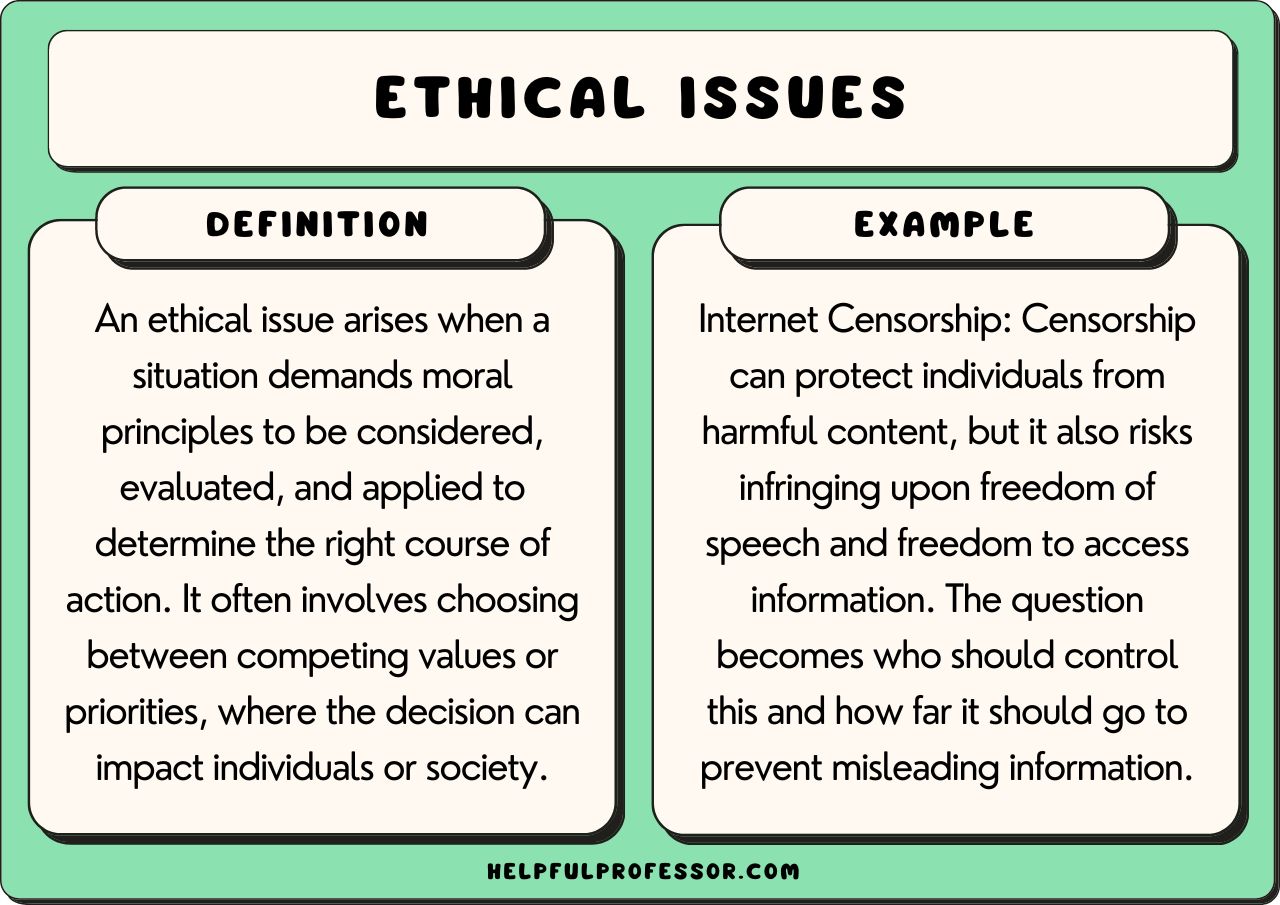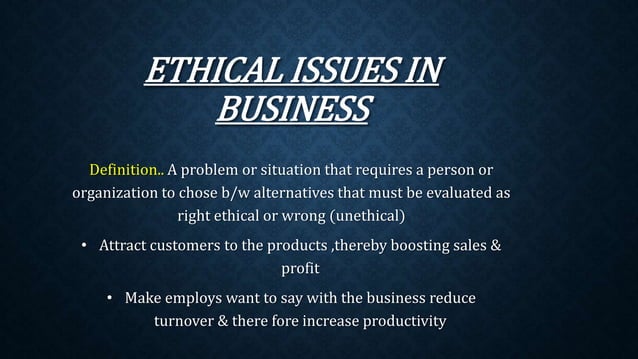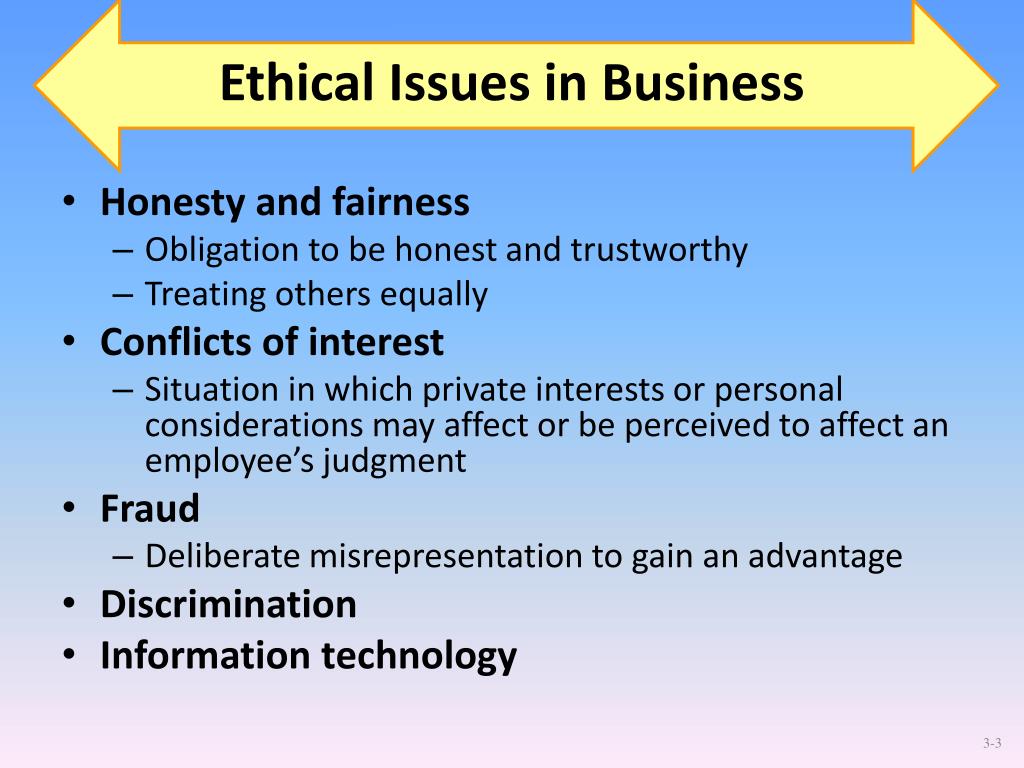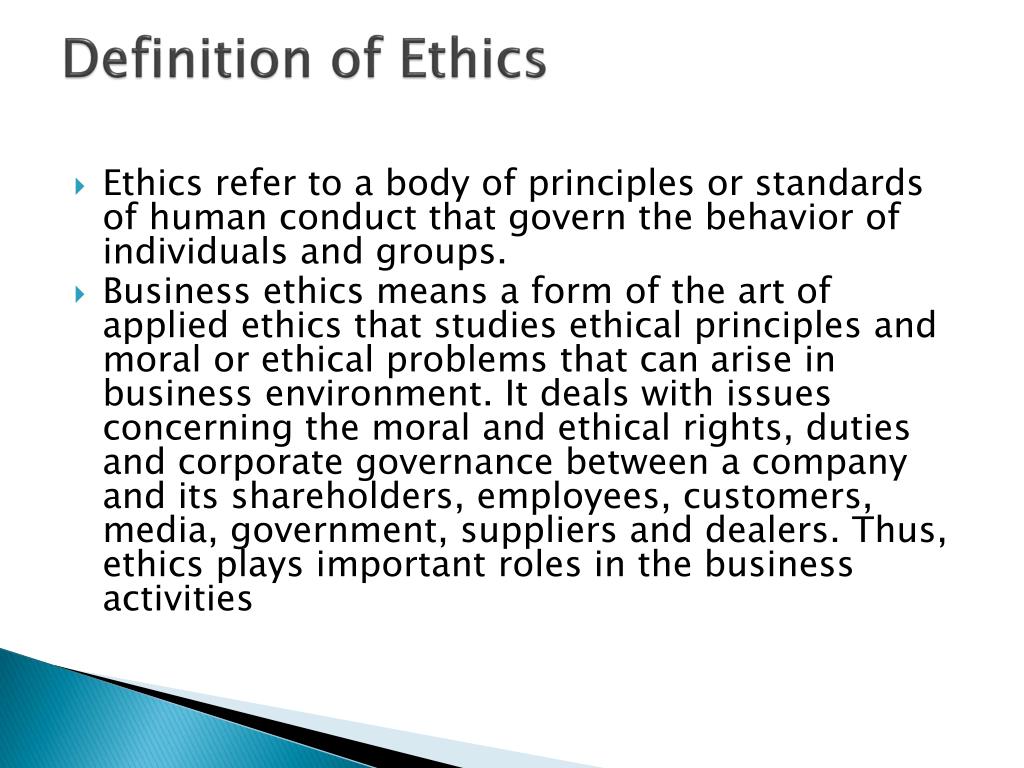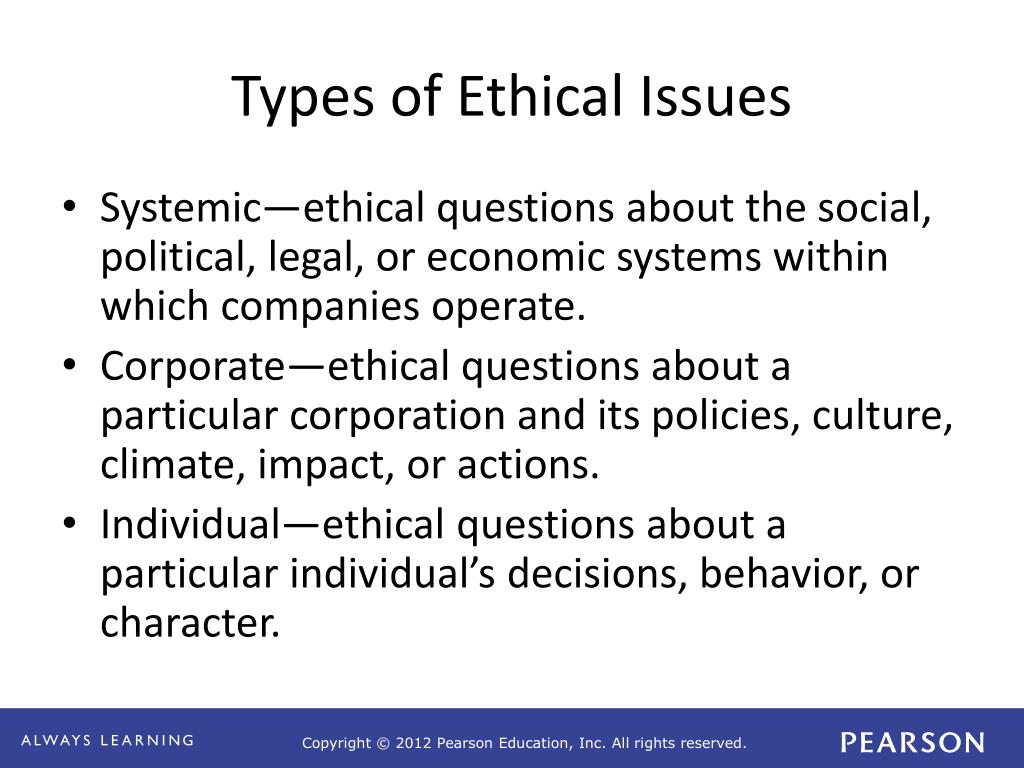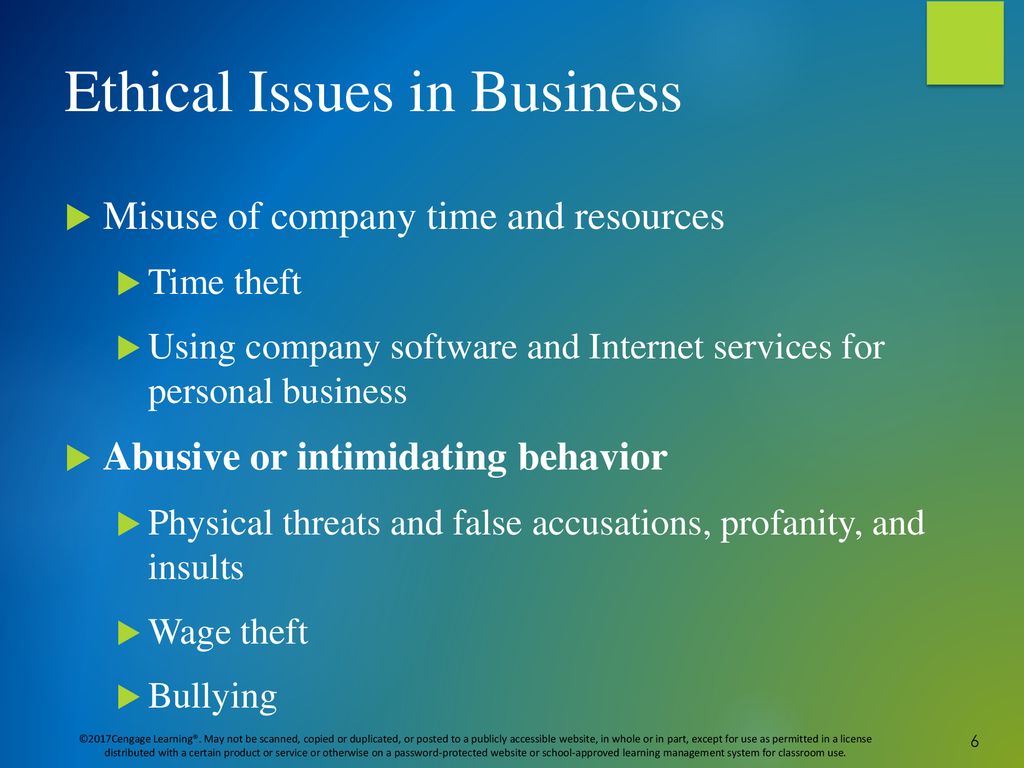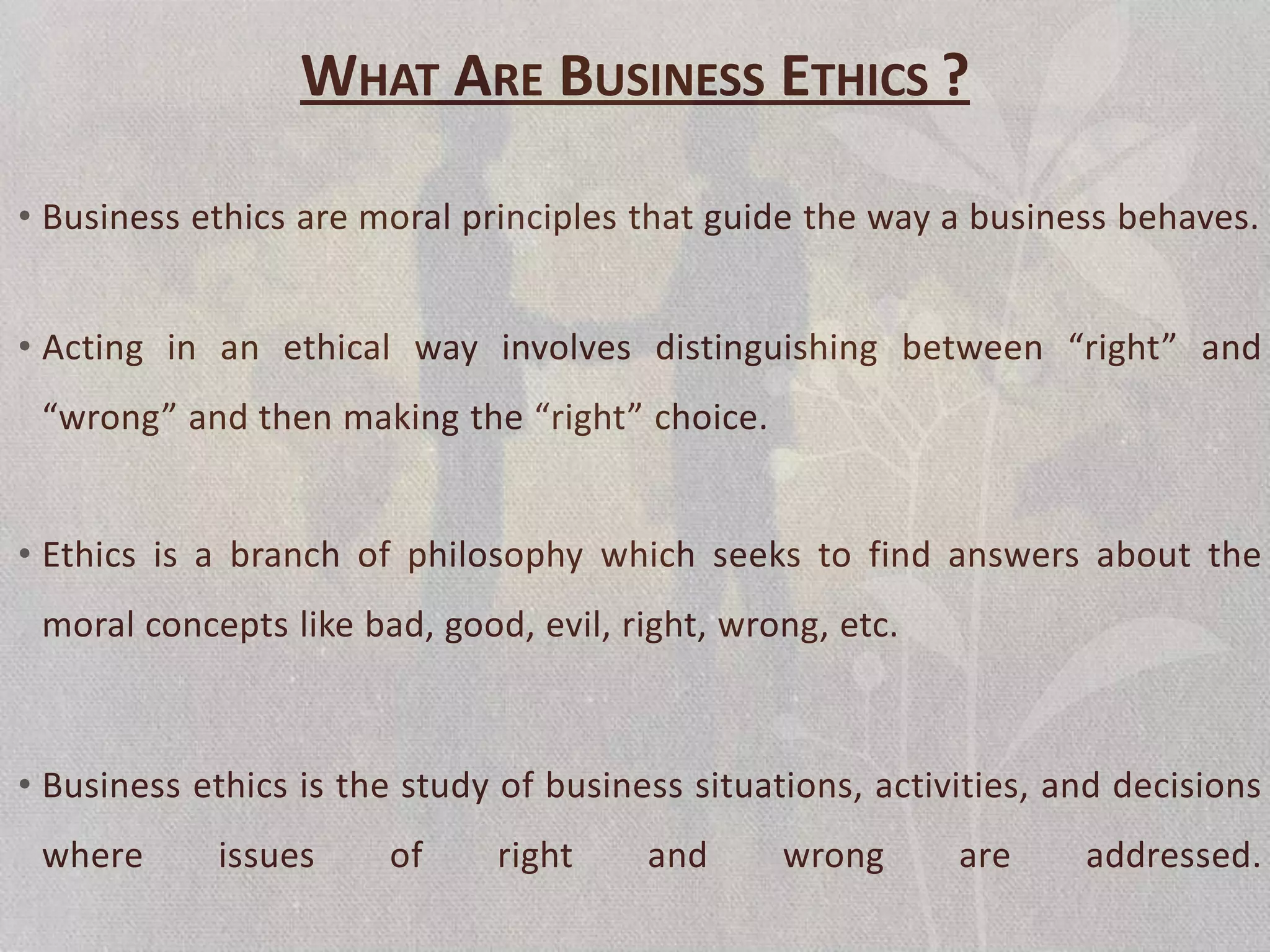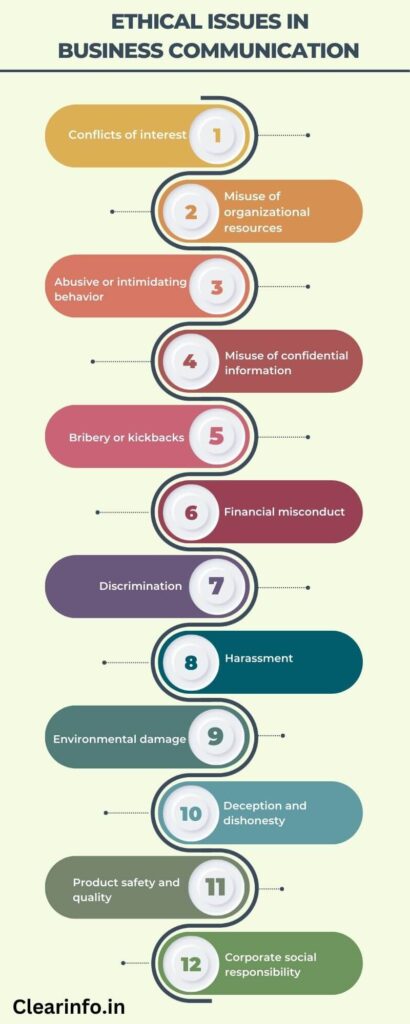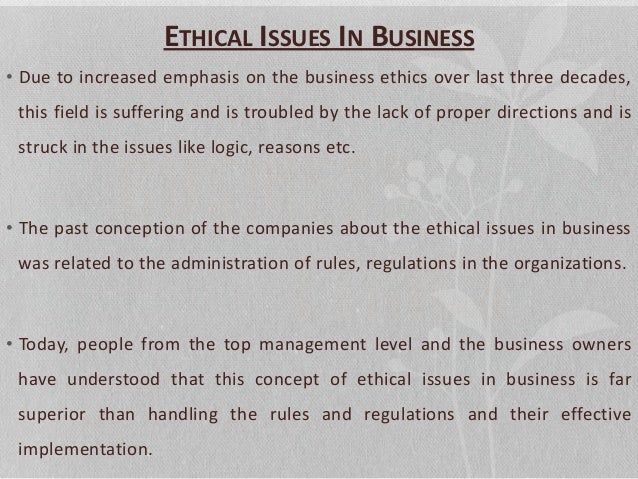Ethical Issues In Business Meaning
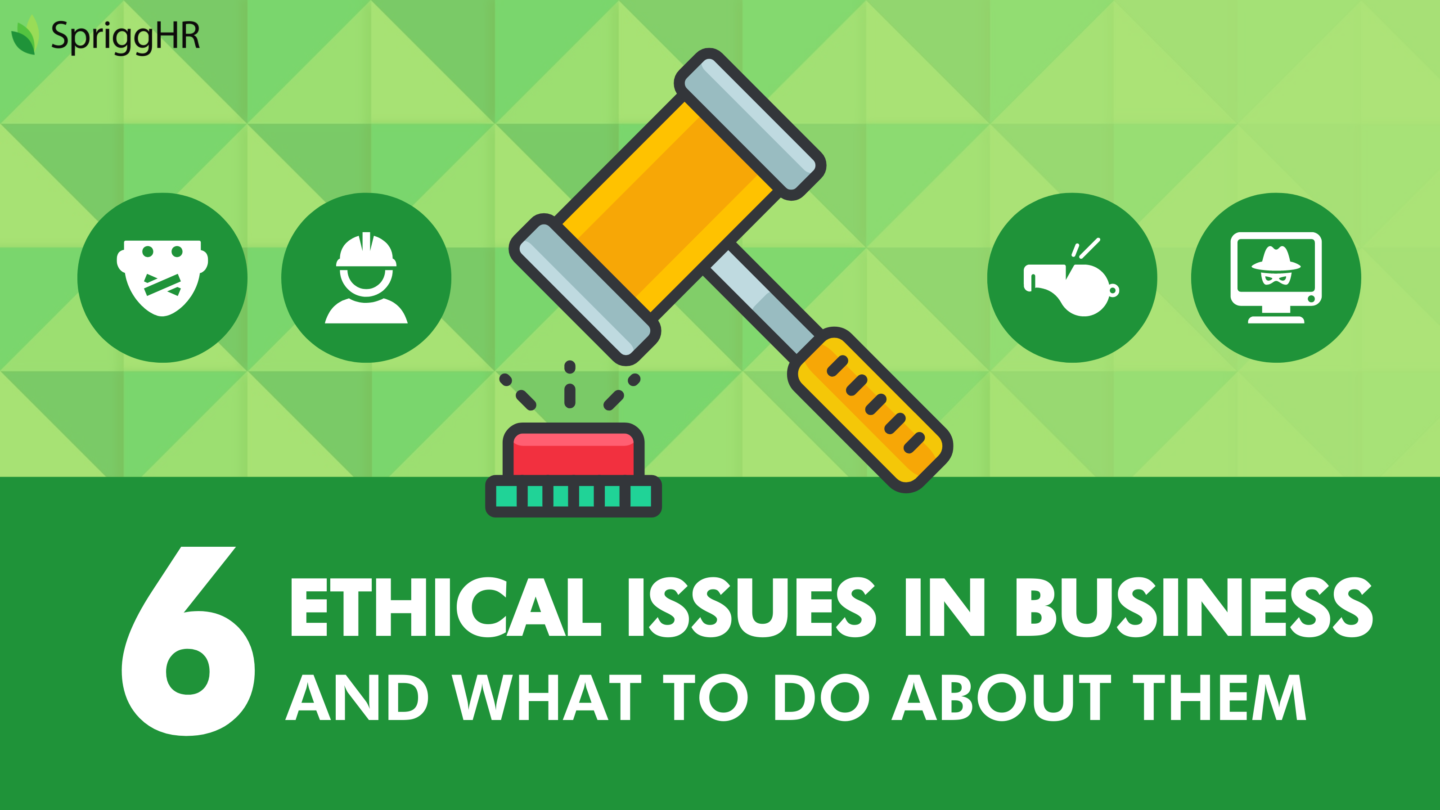
The line between profit and principle is constantly being redrawn in the modern business landscape. Ethical quandaries, once relegated to academic discussions, are now front-page news, impacting consumer trust, shareholder value, and the very fabric of society.
This article delves into the multifaceted ethical issues in business, exploring their meaning, manifestations, and mounting importance in a world demanding corporate accountability. It aims to provide a clear understanding of the challenges and implications for businesses operating today.
What are Ethical Issues in Business?
Ethical issues in business encompass a broad range of moral dilemmas that arise within a commercial setting. These challenges often involve conflicts of interest, fairness, honesty, and responsibility.
They can manifest in various forms, from environmental concerns and labor practices to data privacy and deceptive marketing.
Essentially, they represent situations where a business decision could potentially harm stakeholders, violate moral principles, or compromise integrity.
Key Areas of Ethical Concern
Several recurring themes dominate discussions around business ethics. Transparency and accountability are paramount.
The Enron scandal, for instance, serves as a stark reminder of the catastrophic consequences of fraudulent accounting practices and a lack of oversight. This resulted in shareholders losing billions of dollars and significant damage to the company’s reputation.
Another critical area is fair labor practices. This includes ensuring safe working conditions, paying fair wages, and respecting workers' rights. The Rana Plaza collapse in Bangladesh, which killed over a thousand garment workers, highlighted the severe ethical shortcomings within global supply chains.
Environmental sustainability is also increasingly scrutinized. Companies are facing mounting pressure to minimize their environmental impact, reduce carbon emissions, and adopt sustainable resource management practices. Regulations like the Paris Agreement and growing consumer awareness are driving this shift.
Data privacy and security are crucial concerns in the digital age. Breaches and misuse of customer data can erode trust and lead to significant financial and reputational damage.
Finally, ethical marketing practices are essential for maintaining consumer trust. Misleading advertisements, deceptive pricing, and the exploitation of vulnerable populations are all ethically questionable tactics.
The Significance of Ethical Conduct
The importance of ethical behavior extends far beyond legal compliance. Companies with strong ethical reputations often enjoy greater customer loyalty, improved employee morale, and enhanced investor confidence.
Studies have shown that companies recognized for their ethical practices tend to outperform their competitors financially. Customers are increasingly willing to pay a premium for products and services from businesses they perceive as ethical and responsible.
Furthermore, a strong ethical culture can help attract and retain top talent. Employees are more likely to be engaged and committed to organizations that align with their values.
Navigating Ethical Dilemmas
Businesses are increasingly adopting strategies to navigate ethical dilemmas effectively. Developing a comprehensive code of ethics is a crucial first step.
Implementing ethics training programs for employees can help raise awareness and promote ethical decision-making. Creating a culture of open communication and encouraging employees to report ethical concerns without fear of retaliation is essential.
Establishing an ethics committee or hiring an ethics officer can provide guidance and oversight. Regularly auditing business practices to identify and address potential ethical risks is also vital.
Looking Ahead
The focus on business ethics is only set to intensify in the years to come. Stakeholders are demanding greater transparency, accountability, and social responsibility from corporations.
Companies that prioritize ethical conduct are more likely to thrive in the long run. They will be better positioned to build trust, attract customers, and retain employees.
The future of business lies in embracing a values-driven approach that prioritizes people, planet, and profit.
